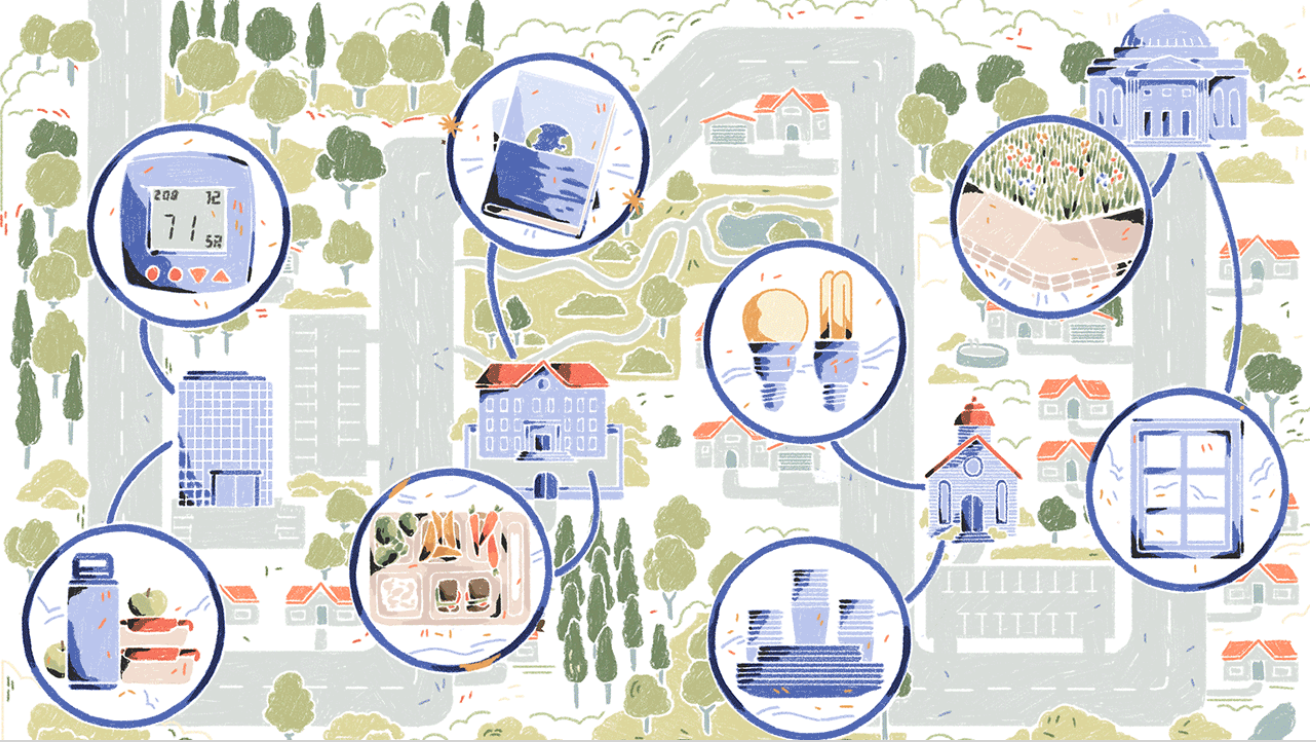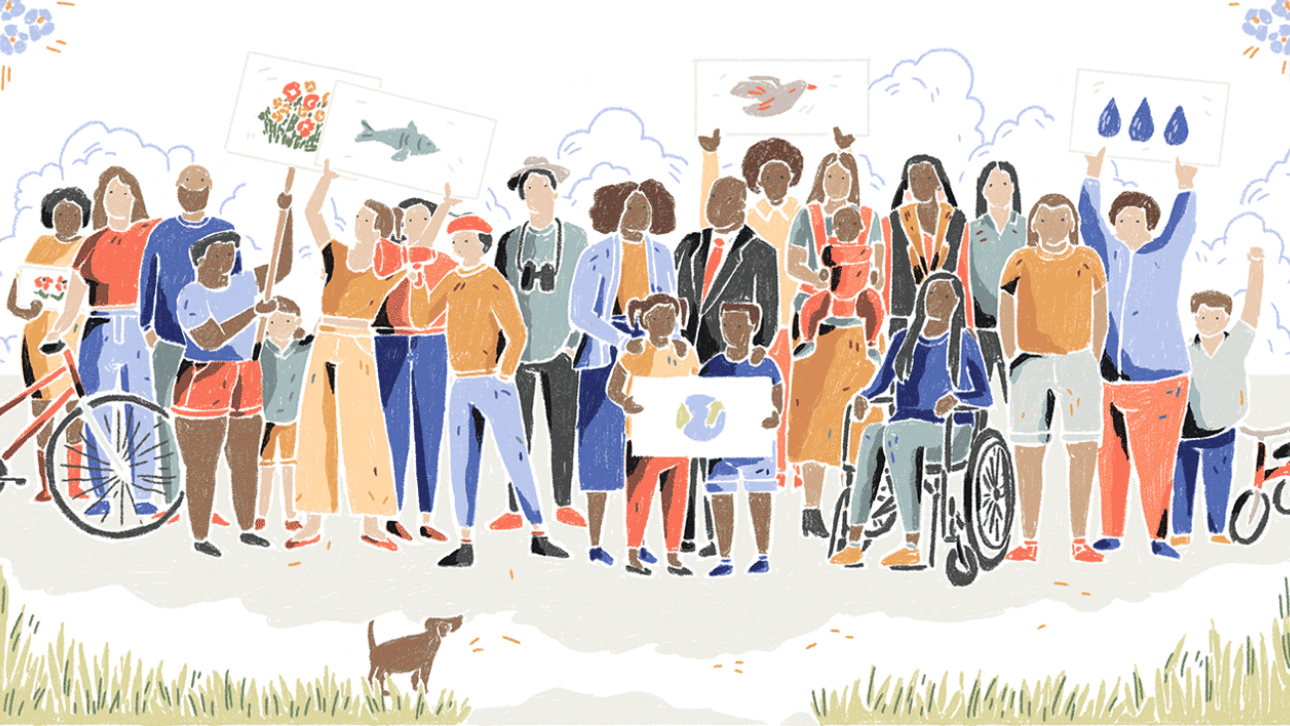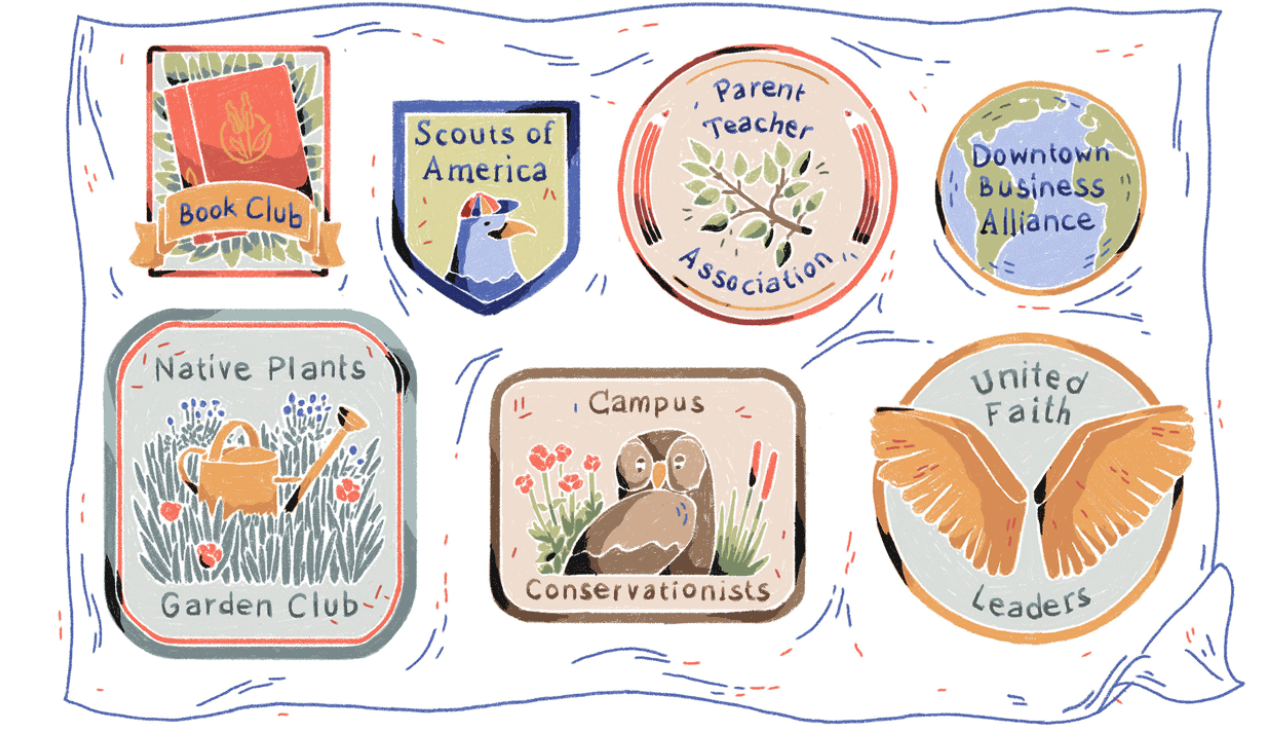Virtual Advocacy Day: Behind the Scenes
By Marjorie Powell
Two weeks ago, four Alameda residents participated in what was, for them, a first-time experience — talking to state legislators through a computer link. Members of Golden Gate Bird Alliance joined more than 360 Audubon members statewide who logged into their computers to talk with their legislators. The calls happened either on Tuesday, the actual Advocacy Day, or the day before or after, depending on legislative office schedules; the offices remain very busy as they adjust to changing circumstances.
The Alamedans were joined by people from Oakland and Berkeley to talk with staff for local legislators, Assembly member Rob Bonta and Senator Nancy Skinner.
Normally, some 70 to 80 Audubon members from throughout the state gather in Sacramento for in-person meetings with legislators or staff members on Audubon California’s annual Advocacy Day. This year, all the meetings were held virtually in accordance with the state’s shelter-in-place rules. Organizers suspect there were several reasons for the increase in participation this year, including that people are searching for ways to contribute as we spend more time at home, and that it was easier to join calls from home than travel to and from Sacramento.

Zoom sessions in the weeks before Advocacy Day enabled participants to learn about the policy issues and the two bills that were the major focus of our discussions, as well as the importance of conveying to legislators that the bills were of interest to their constituents.
While the discussions varied with each local Audubon chapter, and sometimes with each legislative member, three themes were woven through all the discussions. Perhaps the most important was the need for the state to continue to support conservation efforts, even in the face of severe budget cuts. Living in a low-lying island city where the potential effects of climate change can be seen every day, Alameda residents are well situated to highlight the importance of supporting efforts to address climate change. In addition, as we witness changes to the birds and mammals that enjoy the Alameda environment with us, we can argue persuasively that protection for natural habitats is important to Californians.
AB 3030, introduced by Bay Area Assembly Member Kalra (San Jose) would establish a goal for the state to have 30% of the lands and waters in the state under some form of permanent protection by the year 2030. I wonder how much of the City of Alameda — lands like city parks, regional parks like Crab Cove, and the Elsie Roemer Bird Sanctuary — is protected from development? Such protection would support more resilient populations of wildlife, including birds but also ocean mammals like harbor seals. The other bill discussed, AB 2619, introduced by assembly Member Stone of southern California, may be especially important to Alameda residents. It would establish a fund to benefit projects and planning dedicated to increasing coastal resilience to climate change and improving access to coastal resources for all Californians. Both of the bills had been sent to the Appropriations Committee, where Assm. Bonta is a member, so the Bonta staff member we talked to was familiar with the important role that members of the Appropriations Committee play as the legislature considers the many bills introduced each year.

This was the first time that Linda Carloni, an Alameda resident who is the President of Golden Gate Bird Alliance and both a master birder and master gardener, participated in the state Advocacy Day, although she has testified on several issues at Alameda City Council meetings. After the calls, Linda said, “Doing the advocacy meetings via Zoom at first seemed somewhat artificial, but as the sessions went on, the conversations became more informal. My overall impression is that the discussions we had with the legislative staff were useful and informative both to them and to us. As a kind of silver lining, removing the obstacle of time and money needed to travel to Sacramento allowed many more people to participate in the Advocacy Day.”
Patricia Lamborn, who raised her children in Alameda, reminded participants, “Young people are angry with governmental inaction on both institutional racism and climate change. We cannot delay action on either of these issues.” On the climate issue, she passionately pointed out that, “AB 2619 would create a climate coastal resiliency fund from state revenues on oil and gas operations in state waters. Since the state is enabling these operations, the state should mitigate their impacts.”
Sharol Nelson-Embry, an Alameda resident who retired from her job as naturalist at Crab Cove and now runs Cocoa Case, a small business hosting tastings of single source chocolates, joined the calls to discuss the importance of natural solutions to climate change challenges. “I liked conveying the importance of continuing to support climate change solutions — reducing carbon emissions, using open space lands to sequester carbon and creating sustainable communities — even in these challenging economic times. Our future and the future of three-fourths of our entire North American bird species (according to Audubon’s “Survival by Degrees” report) depends on keeping a focus on climate solutions and taking action. I’m glad to add my voice and help our community and wildlife.”

I’ve participated in past Advocacy Days, traveling early in the morning to Sacramento and arriving home in the evening; the schedule was much easier this year. While conversations with legislative staff were a little shorter, and there were a few problems with people’s internet connectivity or Zoom skills (just before our calls, Linda taught me how to mute and unmute my audio–thanks Linda!), we had a chance to share our views and hear a little about the unique challenges legislators and their staff members are facing.
As a member of Golden Gate Bird Alliance and an Alameda resident for 6 years, I missed the chance to meet and share stories with other Audubon members from around the state. The Alameda participants were in general agreement that both of Alameda’s representatives, Assembly Member Bonta and Senator Skinner, are usually supportive of Audubon California’s goals to protect and improve the natural habitat for birds and people. We learned over the weekend that AB 3030 passed out of the Assembly and will now be considered in the Senate, which makes the time spent on Zoom even more rewarding.
If you’d like to learn more about ways you can help promote climate advocacy while sheltered at home, please check out Golden Gate Bird Alliance’s Strategic Plan page, which contains many links and resources that you can use. Additionally, National Audubon’s Climate Action Guide may be a useful tool, too.
Marjorie Powell, who became involved with the Friends of the Alameda Wildlife Reserve shortly after moving to Alameda in 2014, enjoys learning about west coast birds through GGBA classes and traveling on GGBA-sponsored trips. Marjorie is an active GGBA member and volunteer.
